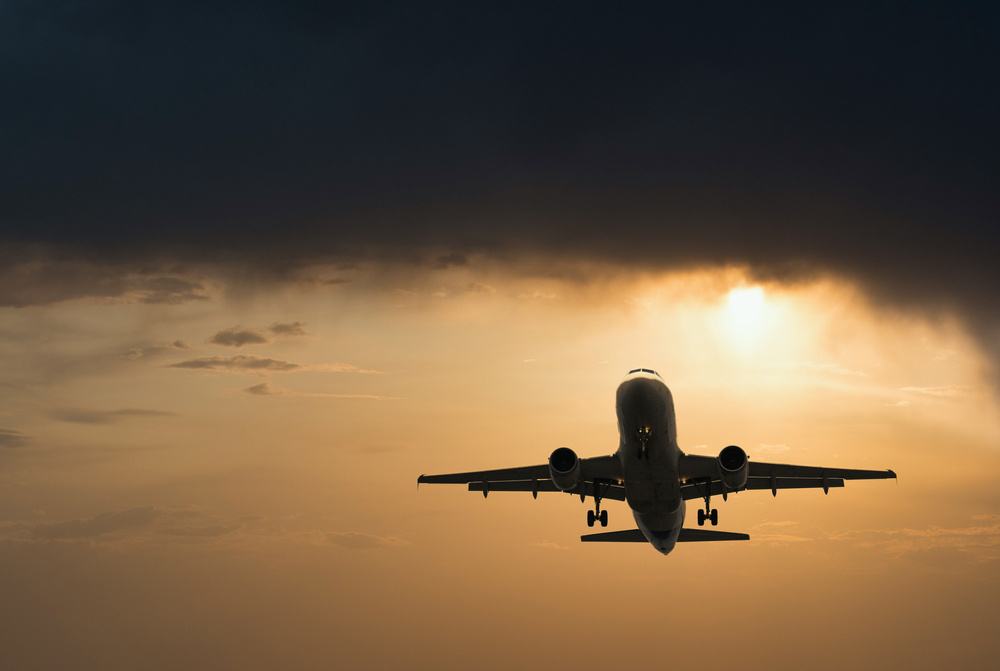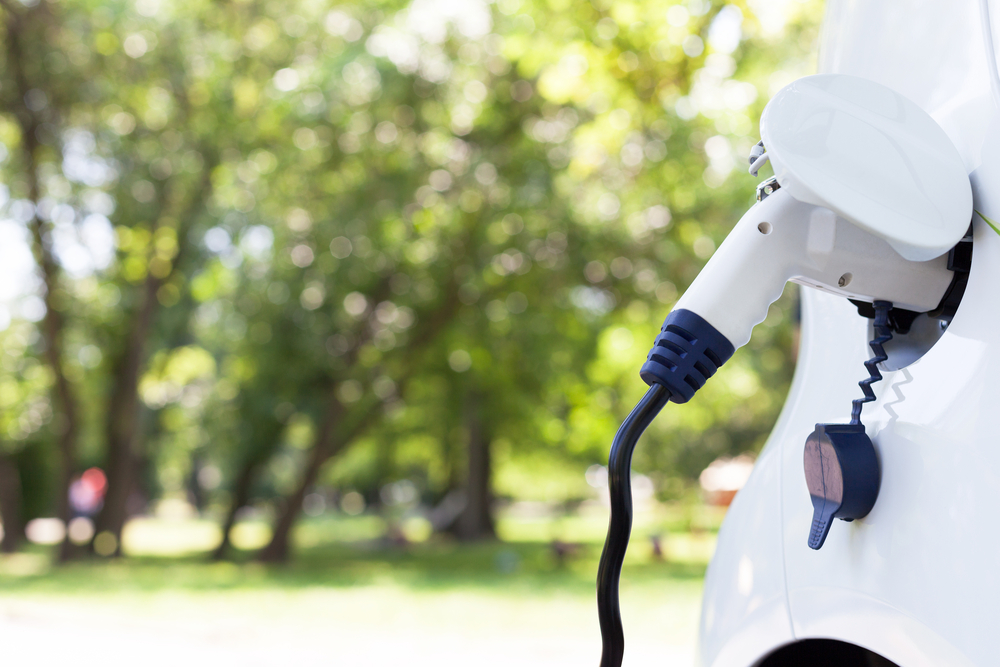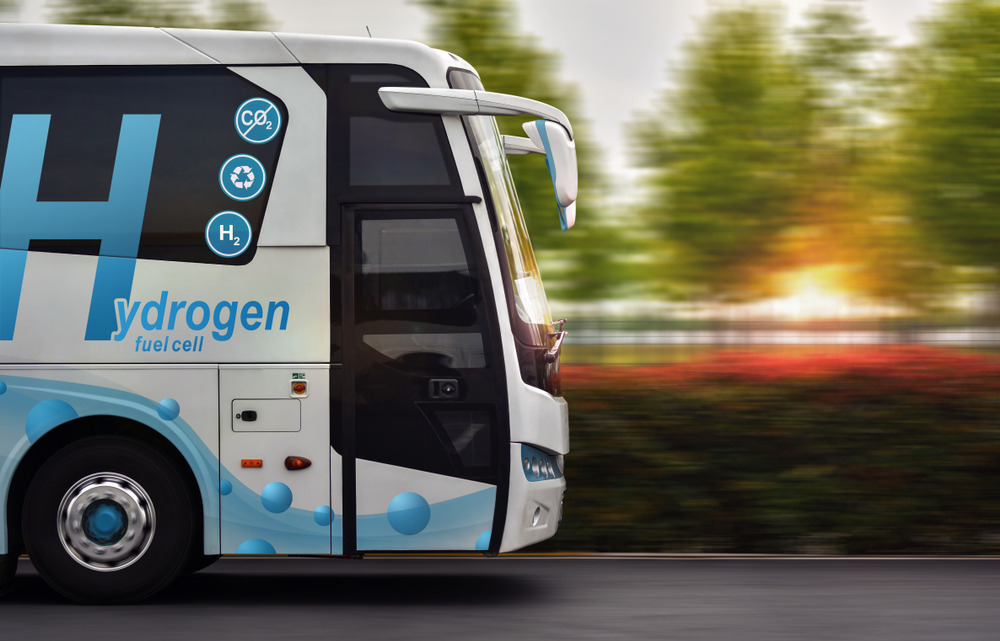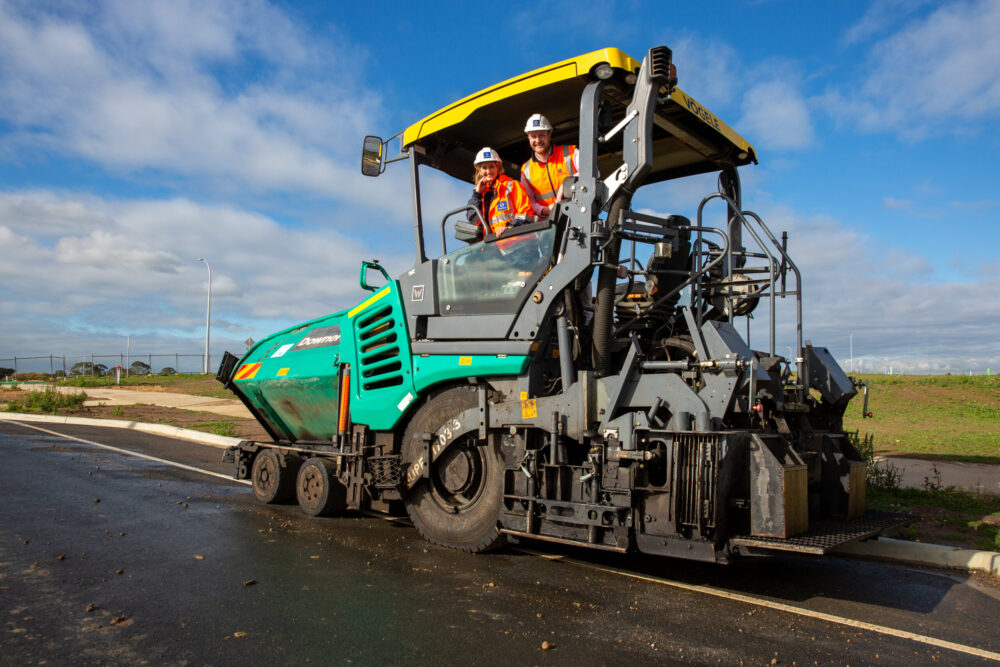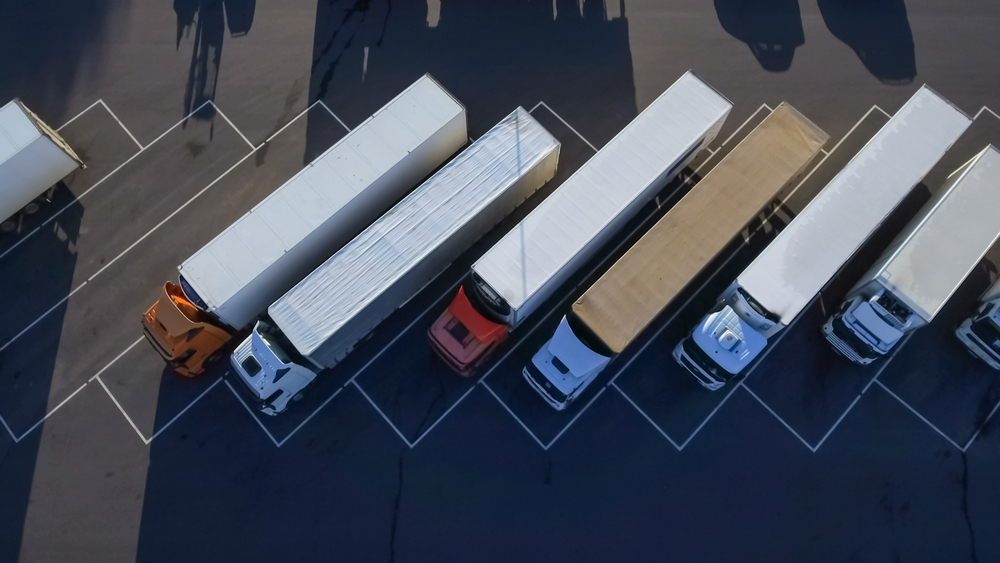
EROAD has released the findings of their third annual sustainability sentiment survey, collating the responses of more than 1200 business decision makers and transport operators across Australia and New Zealand.
The survey found that achieving net zero as a business goal for transport operators has not gained much extra traction over the last two years, with only 25 per cent of businesses listing it as a sustainability goal in 2021 and 28 per cent of businesses confirming it as a goal in 2023.
It also found 57 per cent of the businesses surveyed do not currently have a plan in place to meet the government’s 2030 emission reduction targets.
Furthermore, lack of availability of low emission heavy vehicles, and the cost of this technology, as well as perceived regulatory red tape to put in place the charging infrastructure for electric vehicles were amongst the main barriers.
According to the survey, the biggest indicator of readiness for 2030 reduction targets, is whether a business currently measured its emissions. Only 30 per cent of the businesses not currently measuring emissions admitted they had a plan to comply with 2030 targets, compared to 69 per cent of the businesses currently measuring emissions having a plan in place.
Further, 70 per cent of all operators with telematics installed in their fleet felt confident they had enough data to deliver on their sustainability goals.
Only 29 per cent of fleet operators are currently measuring fleet emissions, and only 23 per cent had conducted a utilisation study on their fleet to understand what vehicles were best suited for replacement candidacy. This is despite 8 in 10 fleet operators signalling they planned to replace older vehicles in the next two years as a sustainability initiative and 4 in 10 planned to select no or low emission vehicles.
The industry is signalling a growth rate of 85 per cent year on year towards zero or low emission vehicles over the next two years. ‘Green’ vehicles are estimated by fleet operators to make up 7 per cent of their total fleets, and operators are planning to increase that to 19 per cent by 2025.








